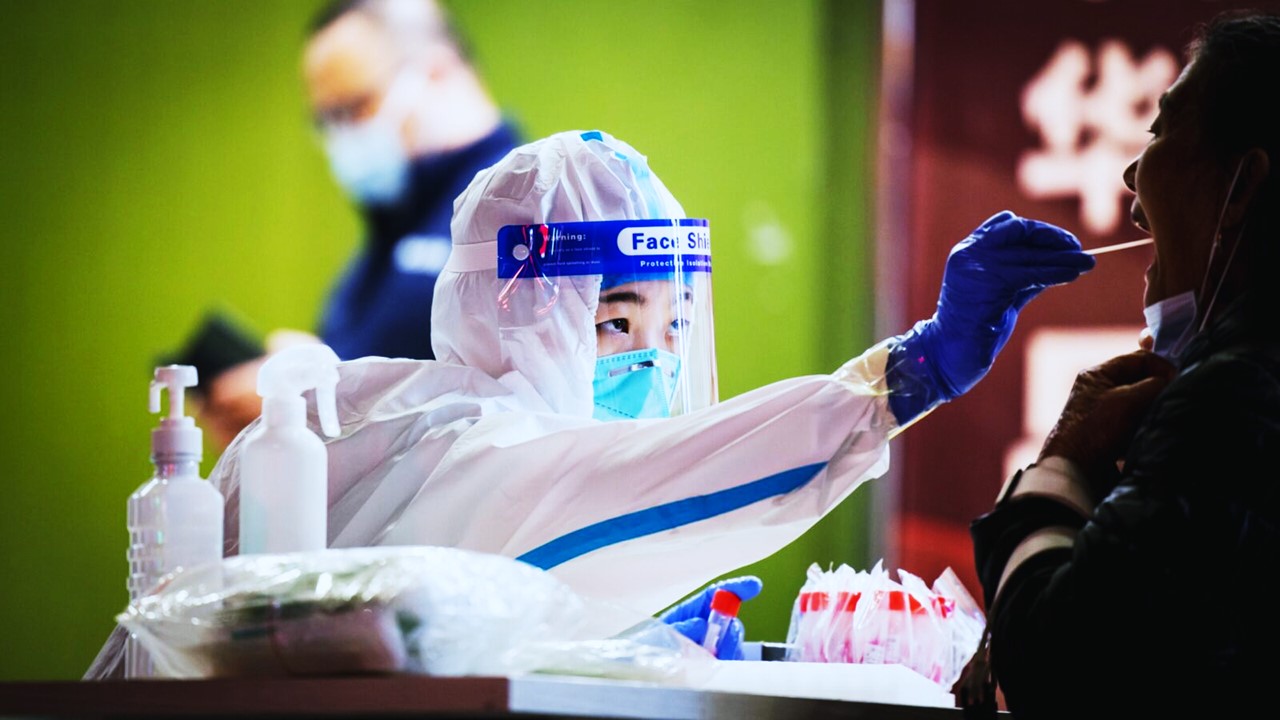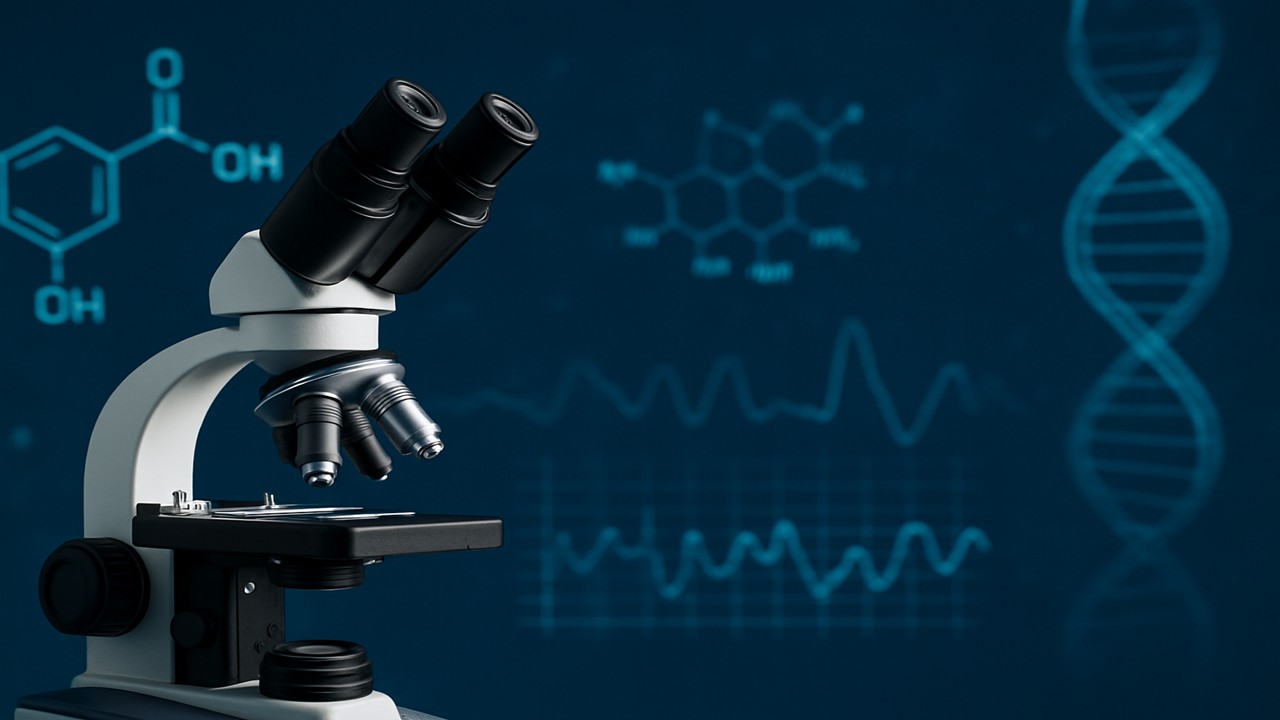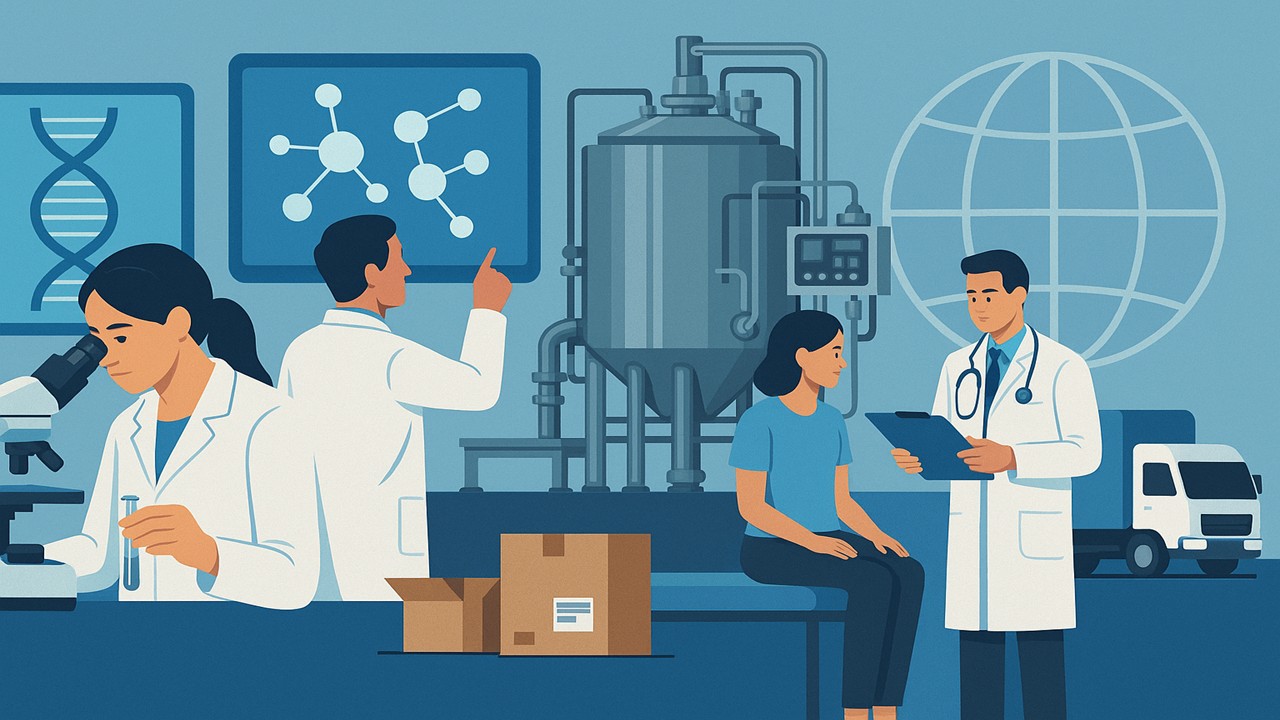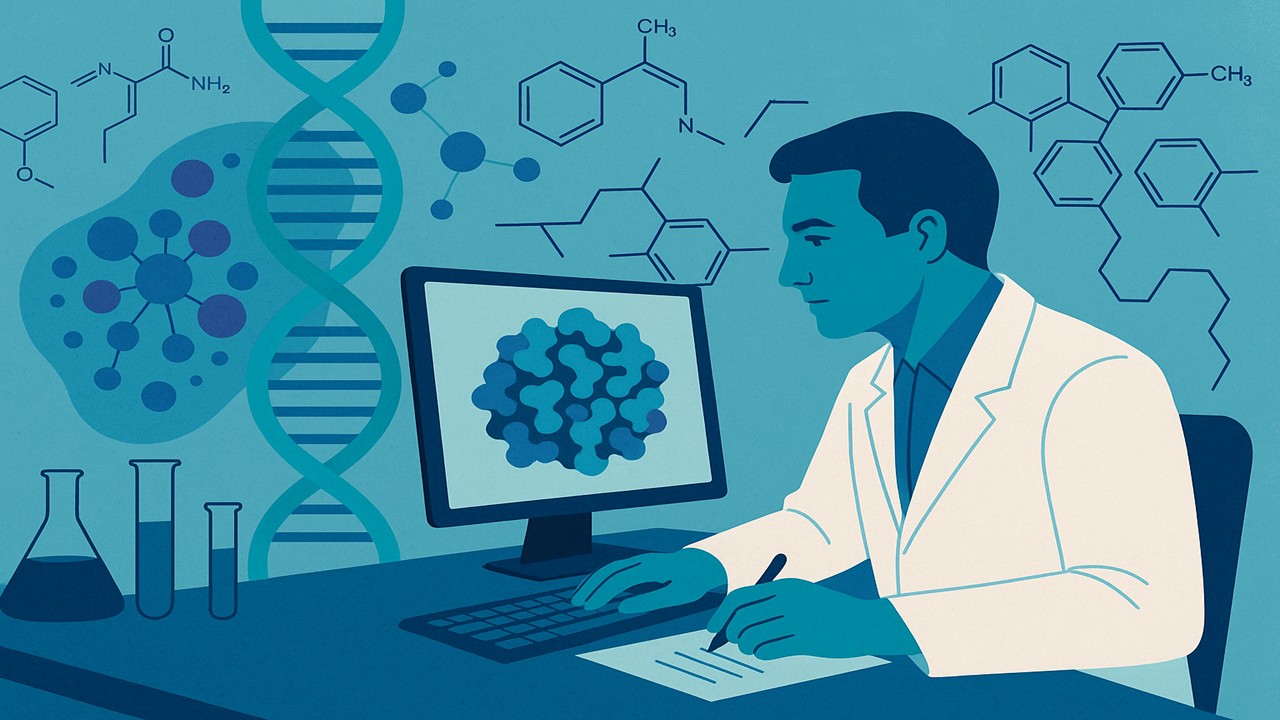The U.S. government has approved ARCUS®-based ex vivo allogeneic CAR T and in vivo gene editing therapies, according to a press release from Precision BioSciences Inc. For azercabtagene zapreleucel, the Food and Drug Administration (FDA) gave the company a positive Type C assessment on its CMC procedures and analytical techniques (azer-cel; PBCAR0191). The lead allogeneic CAR T candidate for non-Hodgkin lymphoma (NHL) that has relapsed after receiving autologous CAR T therapy is called Azer-cel.
Industry FDA Formal Meeting Guidance
Downloadable via this link https://www.fda.gov/media/72253/download, the U.S. Food and Drug Administration (FDA) readily makes available its Guidance for Industry: Formal Meetings Between the FDA and Sponsors or Applicants.
The Food and Drug Administration (FDA) and sponsors or applicants may meet informally to discuss the development and review of pharmaceutical and biological products (hereinafter products), which are overseen by the Centers for Drug Evaluation and Research (CDER) and the Center for Biologics Evaluation and Research (CBER). This guidance offers recommendations to the industry on these meetings (CBER). For abbreviated new drug applications, this advice is not applicable. For the purposes of this guidance, a formal meeting is any meeting that is requested by a sponsor or applicant in accordance with the request processes described in this guidance, regardless of the manner in which the meeting is held (i.e., face to face, teleconference, or videoconference).
This guidance covers the fundamentals of good meeting management practices (GMMPs) and provides guidelines for formal meetings that cover requests, preparation, scheduling, conduct, and documentation. Insofar as it is possible, the general guidelines in this guidance may be applied to additional meetings with external constituents that are not linked to applications.
The advice materials provided by FDA, such as this one, do not specify obligations that are enforceable by law. Instead, unless explicit regulatory or legislative requirements are specified, guidances should only be considered recommendations. Instead, they express the Agency’s current thinking on a topic. In Agency guidelines, the word should denotes anything that is proposed or advised but not mandated.
The Center for Drug Evaluation and Research (CDER) and the Center for Biologics Evaluation and Research at the Food and Drug Administration collaborated with the Office of New Drugs Meeting Management Process Improvement Team, made up of representatives from the Office of New Drugs, to create this guidance.
Sponsor/Applicant – FDA Meetings
Each year, sponsors or applicants who are seeking advise on the development and review of investigational novel medicines and biologics, as well as drug or biological product marketing applications, meet with FDA review staff in a large number of meetings. Due to the fact that these meetings frequently mark pivotal moments in the regulatory process, it is crucial that there be effective, timely processes for managing such meetings. The GMMPs outlined in this guidance are designed to offer uniform practices that will encourage well-managed meetings and guarantee that they are scheduled in a reasonable amount of time, run smoothly, and properly documented.
Sponsors or applicants may meet with FDA officials in one of three ways: Type A, Type B, or Type C. Each meeting type is subject to a separate set of protocols, which are outlined below.
Type A Meeting
A Type A meeting is required to move a product development program forward that is otherwise stuck.
Examples of a Type A meeting include:
(a) Dispute resolution meetings as described in 21 CFR 10.75, 312.48, and 314.103 and in the guidance for industry Formal Dispute Resolution: Appeals Above the Division Level;
(b) Meetings to discuss clinical holds in which a response to hold issues has been submitted, but the FDA and the sponsor or applicant agree that the development is stalled and a new path forward should be discussed; and
(c) Special protocol assessment meetings that are requested by sponsors or applicants after receipt of FDA evaluation of protocols under the special protocol assessment procedures as described in the guidance for industry Special Protocol Assessment.
Before filing a Type A meeting request, sponsors or applicants should speak with the review division at either CBER or CDER to see whether the request is acceptable. When the FDA receives a written meeting request, Type A meetings should be arranged to take place within 30 days. FDA work with the sponsor or applicant to find the earliest feasible date if they request a meeting date that is more than 30 days from the day the request was received.
Type B Meeting
Type B meetings are as follows:
(a) Pre-investigational new drug application (pre-IND) meetings (21 CFR 312.82);
(b) Certain end-of-phase 1 meetings (21 CFR 312.82);
(c) End-of-phase 2 and pre-phase 3 meetings (21 CFR 312.47); or
(d) Pre-new drug application/biologics license application meetings (21 CFR 312.47).
Meetings of Type B should be planned to take place within 60 days of FDA receiving a written meeting request. FDA work with the sponsor or applicant to find the earliest feasible date if they seek a meeting date that is more than 60 days from the date of request receipt.
The requestor should make an effort to foresee future demands and, to the degree feasible, consolidate product development challenges into the fewest number of meetings in order to encourage effective management of formal meetings. The exception to this rule is when it would be advantageous to hold separate meetings to discuss each potential application (such as an investigational new drug application (IND), a new drug application (NDA), or a biologics license application (BLA)) or combination of closely related products developed by the same sponsor or applicant (such as the same active ingredient but different dosage forms being developed concurrently). Furthermore, it might be reasonable to hold multiple Type B meetings for the parallel development of a product for unrelated claims.
Type C Meeting
Any discussion between CBER or CDER and a sponsor or applicant addressing the development and review of a product that is not a Type A or Type B meeting is referred to as a Type C meeting.
Meetings of this type should be scheduled to take place within 75 days of the FDA receiving a written request for one. The FDA will work with the sponsor or applicant to find the earliest feasible date if they seek a meeting date that is more than 75 days from the date of receipt of the request.
Azer-cel and FDA’s Positive Type C Feedback
In an announcement, Vice President and Head of Regulatory Affairs at Precision Biosciences, Inc., Karl Whitney, mentions that the company is excited with FDA’s positive response on Precision Biosciences, Inc.’s planned CMC package. This is to support azer-cel’s continuing development. The answers to the queries addressing the analytical techniques, proposed potency assays, and manufacturing procedures of Precision Biosciences, Inc. are in line with the company’s expectations and support its plans. Whitney, in behalf of Precision Biosciences, Inc., extends his deepest appreciation to the regulatory body’s input and looks forward to progressing FDA engagement along the critical phases of azer-cel’s development and more.
Alan List, M.D., Chief Medical Officer at Precision BioSciences, Inc., expresses his enthusiasm about the continued Phase 1/2a trial enrollment while working hand in hand with FDA as the company pursues azer-cel development. According to List, azer-cel has the potential to become the first allogeneic CAR T therapy to reach the market.
The huge unmet demand of the CAR T patient group who have experienced relapses or are refractory has not yet been satisfied by any FDA-approved allogeneic CAR T products. Although autologous CAR T therapy is a promising therapeutic option for hematological malignancies, up to 60% of high-grade NHL patients experience relapse following treatment, and up to 20% of targeted auto-CAR T patients never receive treatment because the CAR T product cannot be produced. This expanding cohort of lymphoma patients may see clinical benefit from an efficient off-the-shelf allogeneic CAR T therapy.
About Precision BioSciences, Inc.
With its innovative and unique ARCUS® genome editing platform, Precision BioSciences (NASDAQ: DTIL), Inc., a clinical stage biotechnology business, aims to improve life. In short, PBioSci is a DTIL – dedicated to improving life – company. The therapeutic safety, delivery, and control were all taken into consideration when creating the extremely accurate and adaptable genome editing technology known as ARCUS. The company’s pipeline uses ARCUS to develop a number of ex vivo “off-the-shelf” CAR T immunotherapy clinical prospects as well as a number of in vivo gene editing candidates to treat genetic and viral disorders for which there are no effective treatments.
Visit www.precisionbiosciences.com for more details on Precision BioSciences.
Engr. Dex Marco Tiu Guibelondo, BS Pharm, RPh, BS CpE
Editor-in-Chief, PharmaFEATURES



















